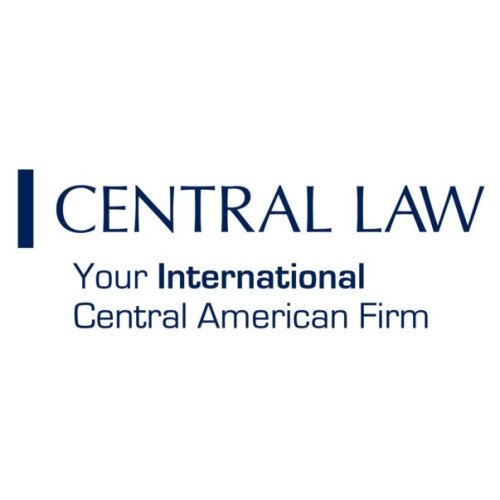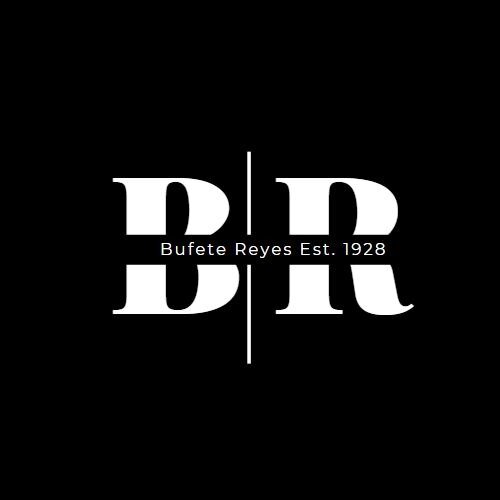Best Property Insurance Lawyers in Honduras
Share your needs with us, get contacted by law firms.
Free. Takes 2 min.
Or refine your search by selecting a city:
List of the best lawyers in Honduras
About Property Insurance Law in Honduras
Property insurance in Honduras serves as a safeguard for property owners against potential damages to their property due to events such as natural disasters, theft, or accidents. The legal framework governing property insurance involves a set of laws and regulations designed to ensure that both insurers and policyholders engage in fair and equitable practices. It is important for property owners to be aware of these regulations to protect their investments effectively and ensure that they receive fair compensation when making a claim.
Why You May Need a Lawyer
There are several common situations in which having a lawyer specializing in property insurance can be beneficial:
- Disputes over insurance claims: If an insurance company rejects a claim or offers insufficient compensation, a lawyer can assist in negotiating a fair settlement.
- Complex policy language: Lawyers can help clarify and interpret complicated insurance policy terminology to ensure you understand your coverage.
- Filing and managing claims: A legal expert can help ensure that the claim is correctly filed and all necessary documentation is presented to support it.
- Dispute resolution: Insurance lawyers can represent you in mediation or arbitration processes, or litigate on your behalf if necessary.
- Unfair practices: If you suspect your insurer is engaging in bad faith practices, a lawyer can help protect your rights.
Local Laws Overview
Several key aspects of Honduran law are particularly relevant to property insurance:
- Insurance Contracts Law: This legislation provides the general framework for insurance contracts, including property insurance, governing the obligations of both insurers and insured parties.
- Consumer Protection Law: Protects property owners as consumers of insurance services, ensuring fairness and transparency in insurance transactions.
- Regulation of Insurance Companies: Insurance companies operating in Honduras must comply with regulations set by the Commission for Banking and Insurance (CNBS), which oversees industry practices and addresses consumer complaints.
- Honduran Civil Code: Provides additional legal context around contractual obligations and liabilities which can affect property insurance claims and policies.
Frequently Asked Questions
What is typically covered by property insurance in Honduras?
Property insurance generally covers damages caused by natural disasters, theft, fire, and other specified events. However, coverage details can vary significantly between policies.
How can I ensure my claim is successful?
Document your property thoroughly with photos and inventory lists, understand your policy details, and submit all required documentation promptly when filing a claim.
What happens if my claim is denied?
If your claim is denied, you can request a detailed explanation for the denial, review your policy, and potentially appeal the decision with assistance from a lawyer.
Can I change insurers if I'm unhappy with my current coverage?
Yes, you can switch insurers, but it's crucial to review the terms and conditions to avoid any lapses in coverage during the transition.
Are there specific exclusions I should be aware of?
Exclusions often include natural wear and tear, intentional damage, and in some cases, specific types of natural disasters, which should be clarified within your policy.
Is flood damage covered by property insurance?
Flood damage might not be included in standard property insurance policies and may require additional coverage, often considered as a separate policy rider.
How is property value assessed for insurance purposes?
Property value can be assessed based on replacement cost, actual cash value, or an agreed value determined at the policy's inception, specified in your policy details.
Who regulates the property insurance sector in Honduras?
The Commission for Banking and Insurance (CNBS) regulates the insurance industry, ensuring compliance with established laws and consumer protection standards.
What should I do if I suspect my insurer is acting unfairly?
Document all communications and seek advice from a lawyer to potentially address any unfair practices through formal complaints or legal action.
Do I need property insurance by law?
While not mandated by law, property insurance is often required by mortgage lenders and is highly recommended to protect assets.
Additional Resources
For more assistance with property insurance matters in Honduras, consider contacting the following organizations:
- Commission for Banking and Insurance (CNBS): Supervises the insurance industry and addresses public complaints.
- National Institute for Property Insurance: Provides resources and information on property insurance options available in Honduras.
- Local Consumer Protection Agencies: Such agencies can provide advice and help mediate disputes between consumers and insurers.
Next Steps
If you require legal assistance with property insurance in Honduras, consider taking the following steps:
- Consult a Lawyer: Reach out to a lawyer specializing in insurance law to discuss your specific needs and circumstances.
- Gather Documentation: Collect all relevant insurance policy details, correspondence, and evidence related to your property and any claims.
- Evaluate Your Options: Work with your lawyer to explore potential courses of action, whether it be negotiation, mediation, or litigation.
- File Formal Complaints: If necessary, submit a formal complaint to the CNBS or other relevant regulatory bodies.
Lawzana helps you find the best lawyers and law firms in Honduras through a curated and pre-screened list of qualified legal professionals. Our platform offers rankings and detailed profiles of attorneys and law firms, allowing you to compare based on practice areas, including Property Insurance, experience, and client feedback.
Each profile includes a description of the firm's areas of practice, client reviews, team members and partners, year of establishment, spoken languages, office locations, contact information, social media presence, and any published articles or resources. Most firms on our platform speak English and are experienced in both local and international legal matters.
Get a quote from top-rated law firms in Honduras — quickly, securely, and without unnecessary hassle.
Disclaimer:
The information provided on this page is for general informational purposes only and does not constitute legal advice. While we strive to ensure the accuracy and relevance of the content, legal information may change over time, and interpretations of the law can vary. You should always consult with a qualified legal professional for advice specific to your situation.
We disclaim all liability for actions taken or not taken based on the content of this page. If you believe any information is incorrect or outdated, please contact us, and we will review and update it where appropriate.
Browse property insurance law firms by city in Honduras
Refine your search by selecting a city.









